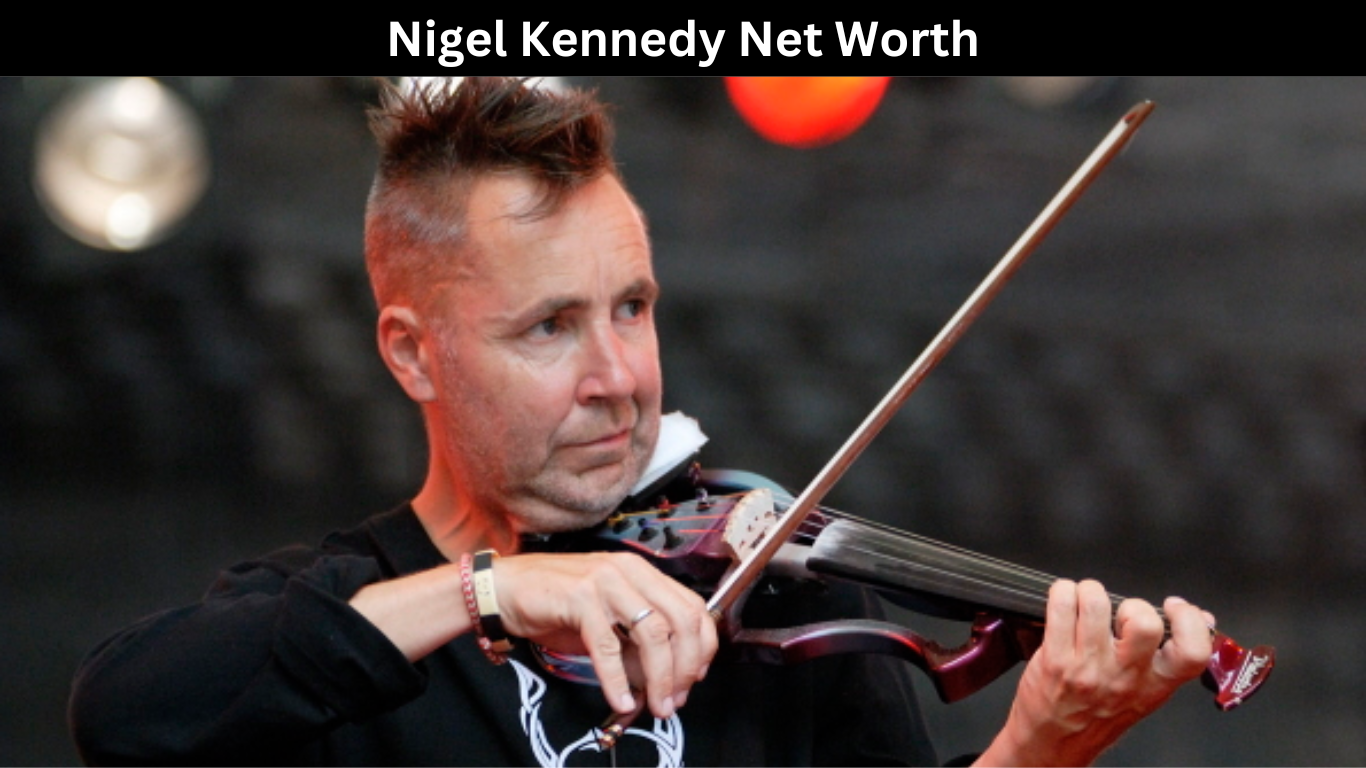Nigel Kennedy is an esteemed British violinist and violist renowned beyond classical music circles. Born December 1956 in Brighton, England to Lauri Kennedy as principal cellist for BBC Symphony Orchestra and his father continuing the family legacy as cellist John Kennedy; Nigel’s rich musical upbringing helped form his deep connection to music from an early age.
What Defines Kennedy’s Musical Education?
At just seven years old, Robert Kennedy was recognized as an extraordinary musical prodigy. At Yehudi Menuhin School of Music he began honing his skills and discovering his signature style; later moving onto further studies at Juilliard School under Dorothy DeLay’s tutelage – this combination of British and American education having an indelible mark upon shaping Kennedy’s versatile and energetic approach to music.
How did Kennedy begin her Career?
Kennedy began his professional journey when he made his Carnegie Hall debut at only 16 years of age, marking a groundbreaking performance that would transcend expectations in classical music circles and earn him instantaneous respect from fellow musicians of his era. Kennedy quickly established a name for himself amongst some of the finest musical minds at work today.
What Are Kennedy’s Key Accomplishments?
Kennedy is most widely remembered for his album recording of Vivaldi’s Four Seasons with the English Chamber Orchestra, an exceptional work which showcased both his exceptional talent and resonated with a broad audience, selling more than two million copies and dominating UK classical charts for over one year. For his contributions, numerous awards were bestowed upon Kennedy – from Outstanding Contribution to British Music at BRIT Awards 1997, Male Artist of the Year Awards in 2001, etc.
How Has Kennedy Broadened His Musical Horizons?
Though Kennedy is grounded in classical music, his artistic curiosity has lead him to explore diverse genres like jazz and klezmer. Through experimenting and mixing various musical styles together, this has not only broadened his own artistic repertoire, but has introduced classical music to new listeners as well. Kennedy collaborates regularly with artists who come from diverse musical backgrounds which only emphasizes his role as musical innovator and bridge builder.
What Role Has Edward Kennedy Played in Politics?
Kennedy is also well-known for his political involvement. A self-professed socialist, Kennedy uses his platform to express his beliefs and advocate for social change through public statements and causes that support him – showing another side to him beyond music.
What Is Unique about Kennedy’s Style?
Kennedy is known for creating music of extreme emotional depth and technical precision, often juxtaposed together. His ability to convey an artist’s emotional essence while maintaining impeccable technical standards separates him from his contemporaries, further distinguishing him as an artist. Furthermore, Kennedy stands out in classical music scene by way of his distinct fashion sense and charismatic stage presence which define who he is as an individual artist.
What Will Nigel Kennedy Be Remembered For?
As Nigel Kennedy continues touring and performing, his impactful legacy as an influential musician within classical music can no longer be denied. His dedication and ability to reach across musical lines make him beloved within the community; from musical prodigy to world-renowned artist. Kennedy’s journey is testament to his talents, hard work and devotion towards his craft.
Nigel Kennedy has established himself as an impressive blend of tradition and innovation throughout his distinguished career, from Yehudi Menuhin School classrooms all the way through concert hall performances worldwide. Through perseverance, creativity, and his pursuit of musical excellence; Kennedy remains an icon for artistic freedom and innovation within classical music.

